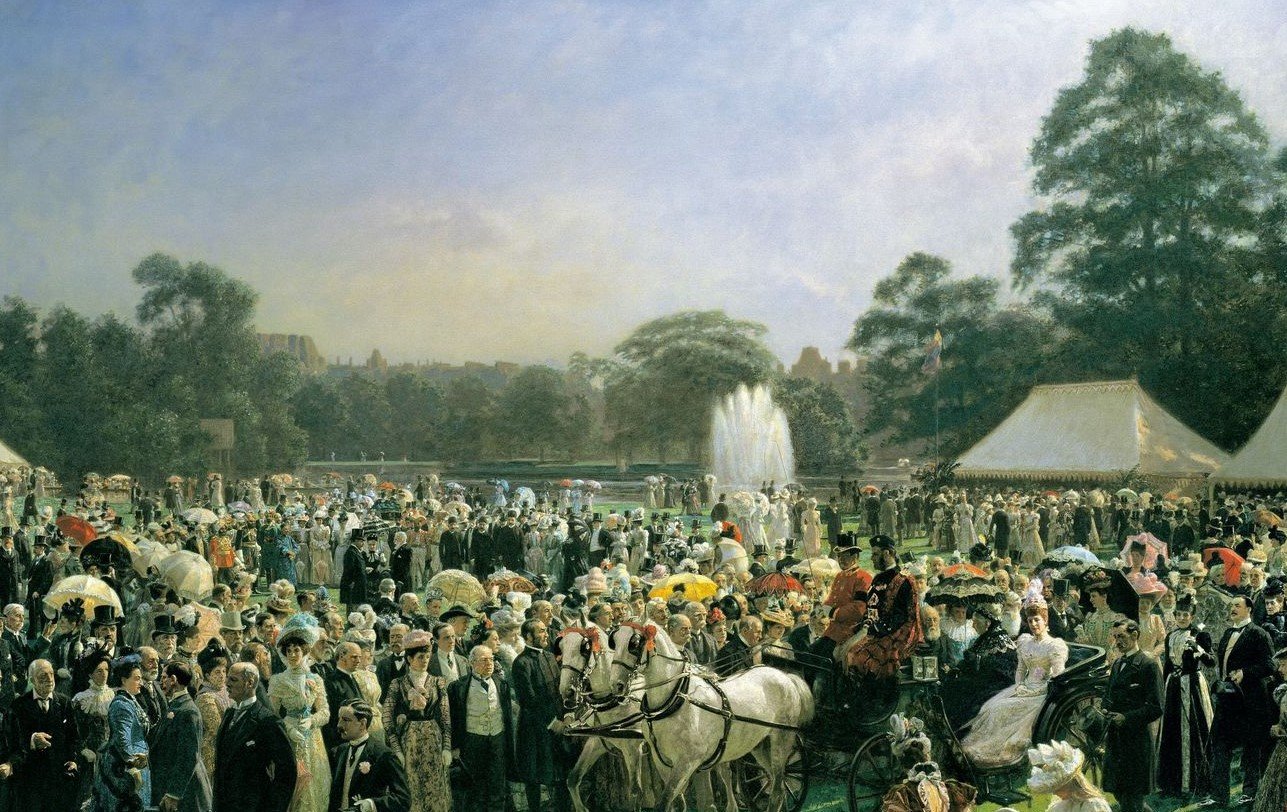
Royal Gardens
Depictions of the gardens at Windsor Castle and other royal residences
SUTHERLAND, JAMES
Hortus Medicus Edinburgensis : or, a catalogue of the plants in the Physical Garden at Edinburgh ... / James Sutherland.
1683RCIN 1057154
Printed in Edinburgh in 1683, this volume by James Sutherland is a catalogue of the plants of the first Botanic Garden in Edinburgh. On 12 January 1699, Sutherland was awarded the first Royal Warrant connected with the Royal Botanic Garden Edinburgh, appointing him as the first Regius Keeper and the first King's Botanist, in addition to his Professorship of Botany at the University of Edinburgh.
In 1670 a small plot at the Palace of Holyroodhouse was sublet by the highly educated Scottish physicians Robert Sibbald and Andrew Balfour. They quickly imported a collection of several hundred plants of primarily medicinal interest including new botanical discoveries. The plants were used for study by students at the University of Edinburgh and also to supply the medical profession.
After six years, the quantity of plants and the saturation of the soil forced the Holyrood garden to a new site, then part of the recently drained Nor Loch and now under the southernmost platforms of Waverley Station. After two further moves and expansion, this institution became the Royal Botanic Garden Edinburgh. Its establishment at the palace in 1670 made it the second such garden in Great Britain, after Oxford established one in 1621.
James Sutherland oversaw the move of the garden from the palace in 1676, and later published this volume, the first catalogue of a plant collection in Scotland which listed the 3000 plants growing at the new physic garden site. The volume remained the standard text for Scottish medical botany until 1864.
In 1670 a small plot at the Palace of Holyroodhouse was sublet by the highly educated Scottish physicians Robert Sibbald and Andrew Balfour. They quickly imported a collection of several hundred plants of primarily medicinal interest including new botanical discoveries. The plants were used for study by students at the University of Edinburgh and also to supply the medical profession.
After six years, the quantity of plants and the saturation of the soil forced the Holyrood garden to a new site, then part of the recently drained Nor Loch and now under the southernmost platforms of Waverley Station. After two further moves and expansion, this institution became the Royal Botanic Garden Edinburgh. Its establishment at the palace in 1670 made it the second such garden in Great Britain, after Oxford established one in 1621.
James Sutherland oversaw the move of the garden from the palace in 1676, and later published this volume, the first catalogue of a plant collection in Scotland which listed the 3000 plants growing at the new physic garden site. The volume remained the standard text for Scottish medical botany until 1864.







